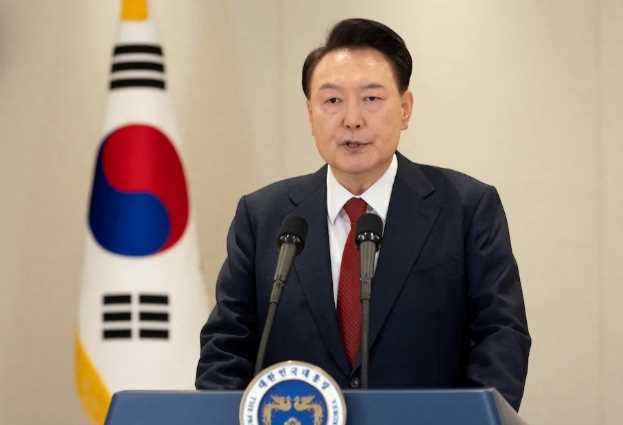
Zim Now Writer
South Korean President Yoon Suk Yeol has been impeached following a parliamentary vote over his controversial declaration of martial law earlier this month, a decision that shocked the nation and intensified political divisions.
Prime Minister Han Duck-soo, appointed by Yoon, will assume the role of acting president as Yoon remains in office with his powers suspended. Han pledged to prioritize stability during the transition, stating, "I will give all my strength and efforts to stabilize the government."
Yoon becomes the second consecutive conservative president in South Korea to face impeachment. His predecessor, Park Geun-hye, was removed from office in 2017. Last weekend, Yoon narrowly survived an impeachment motion when his party boycotted the vote, leaving parliament without a quorum.
This time, at least 12 members of Yoon's ruling People Power Party joined opposition lawmakers, pushing the vote tally to 204 in favor of impeachment in the 300-member assembly. The motion required a two-thirds majority to pass.
News of the impeachment sparked contrasting reactions. Near the National Assembly, demonstrators celebrating Yoon's removal danced and waved LED sticks, while a pro-Yoon rally dissipated swiftly after the announcement.
Related Stories
The impeachment will now be reviewed by the Constitutional Court, which has six months to decide whether Yoon will be permanently removed. If the court upholds the decision, South Korea will hold a snap presidential election.
The crisis began on December 3, when Yoon declared martial law, granting the military sweeping powers to counter "anti-state forces" and political opposition. The decree was rescinded just six hours later after parliament intervened, but the move plunged the country into a constitutional crisis. Critics accused Yoon of breaking the law, leading to calls for his resignation.
Despite issuing an apology, Yoon defended the decree as a necessary step to safeguard democracy against political obstruction. Opposition parties and demonstrators dismissed his justification, pressing ahead with impeachment proceedings.
Yoon also faces a criminal investigation for alleged insurrection related to the martial law declaration. Authorities have banned him from leaving the country.
In a speech before the vote, Yoon vowed to "fight to the end," maintaining that his actions were in defense of the nation’s democracy. However, his critics argue that the move endangered South Korea’s democratic principles and governance.
As the Constitutional Court deliberates, the nation watches closely, navigating political uncertainty while grappling with the implications of the crisis.











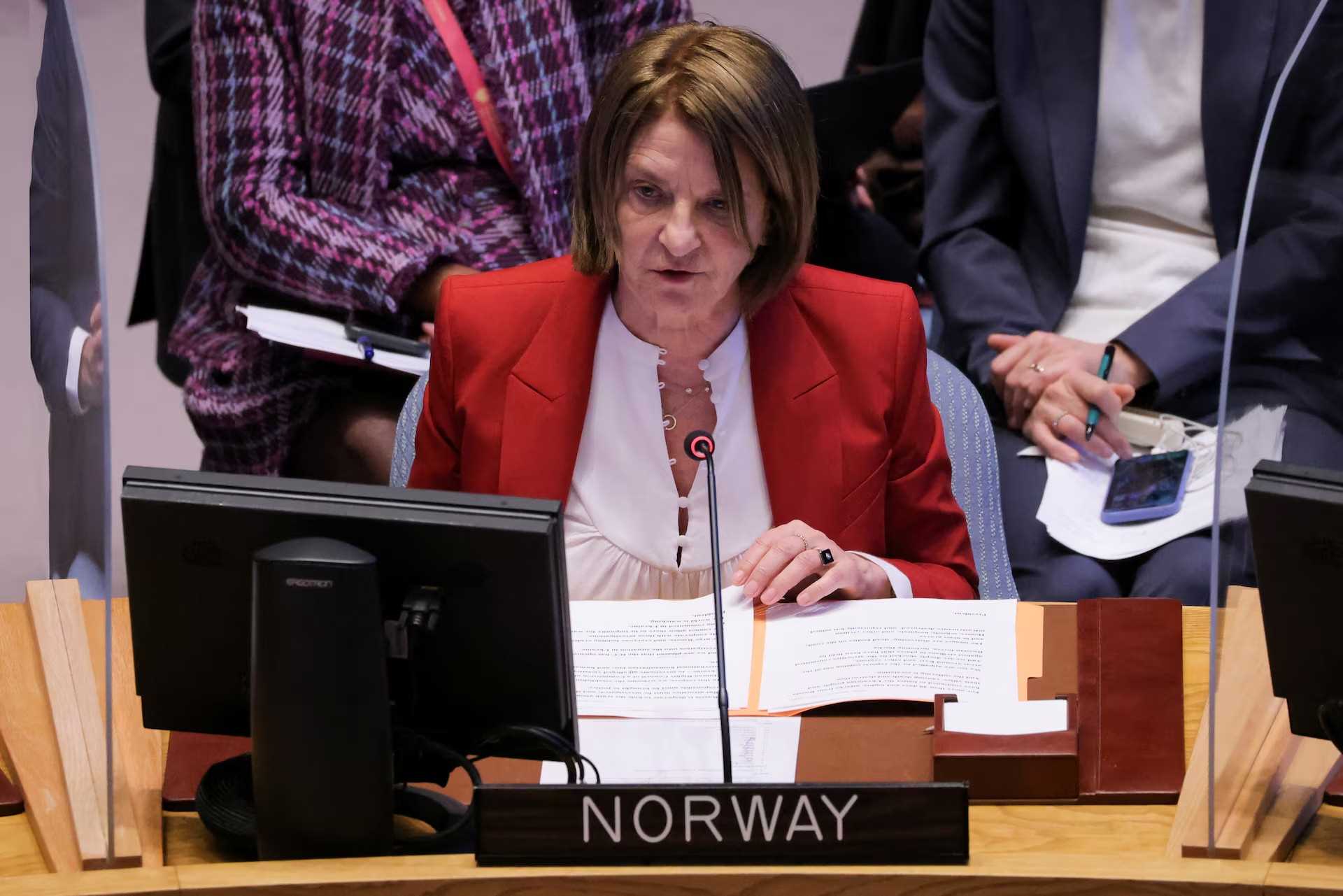
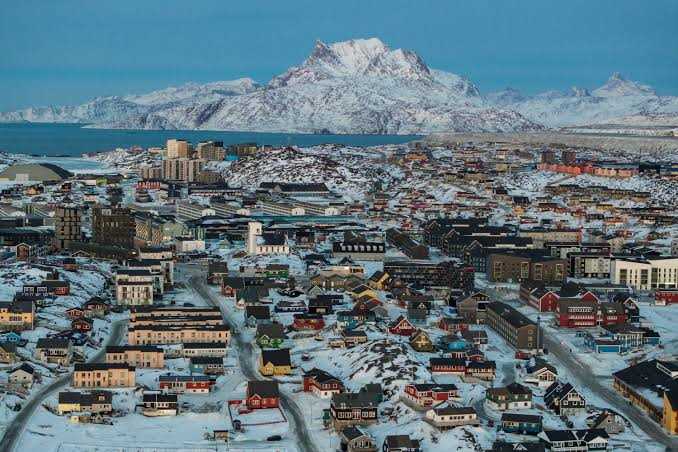

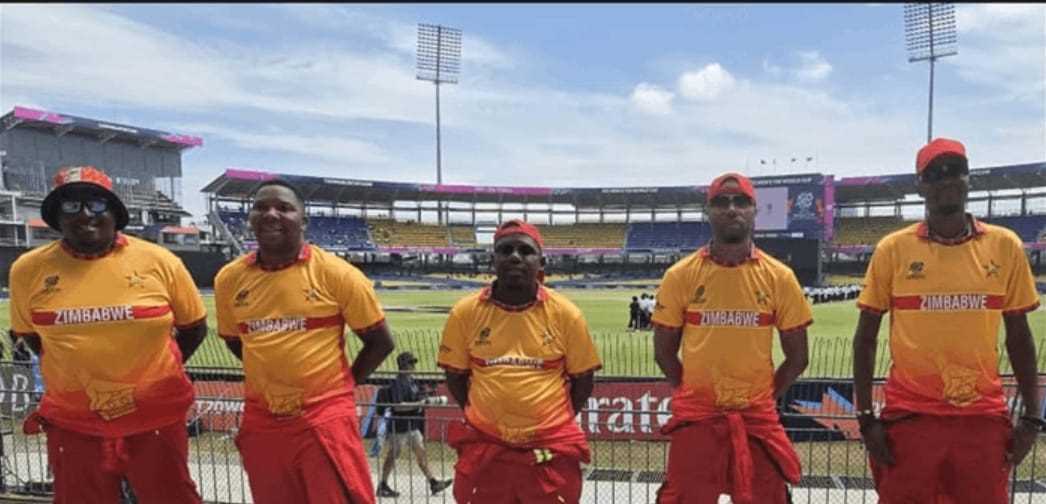
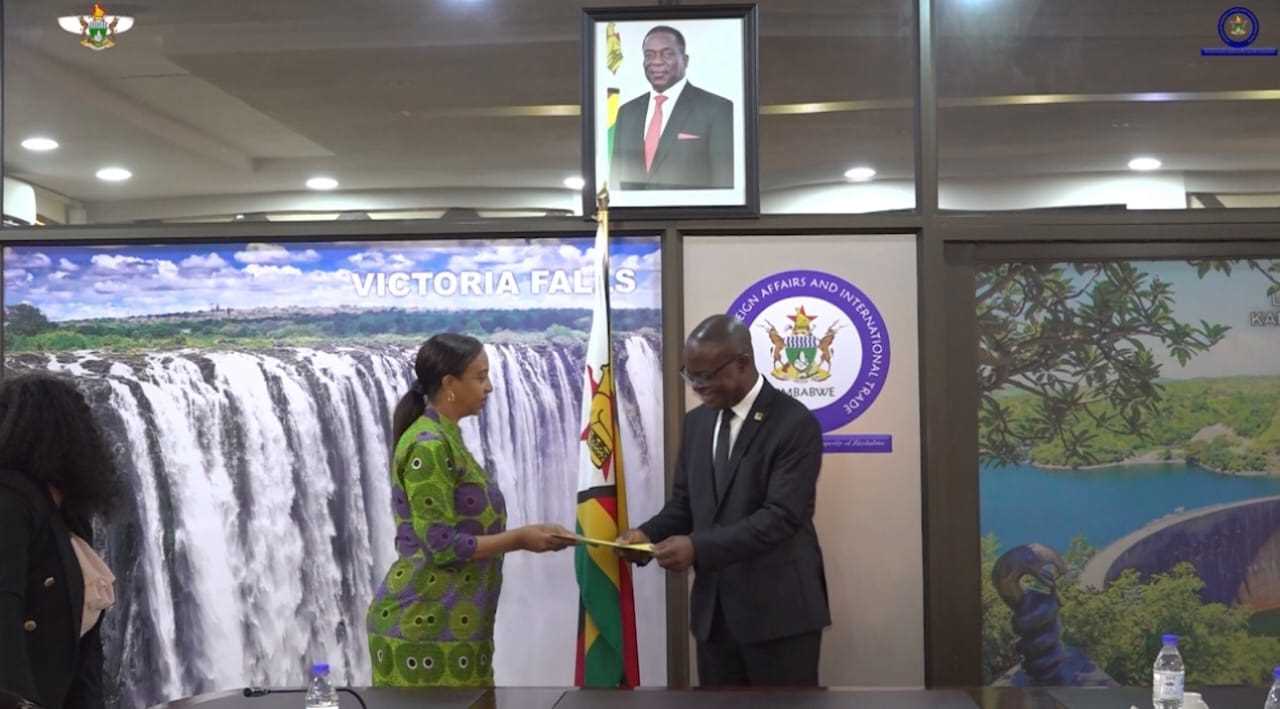
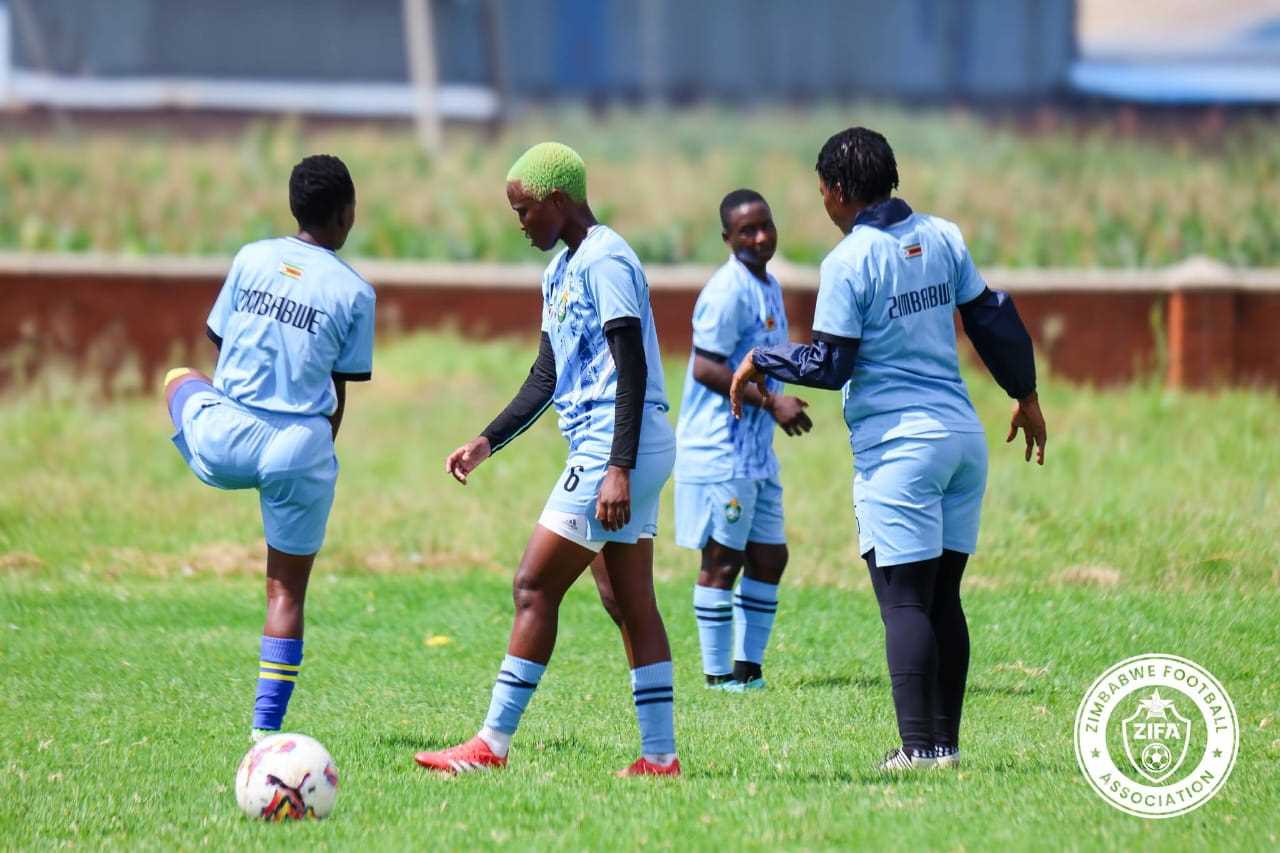
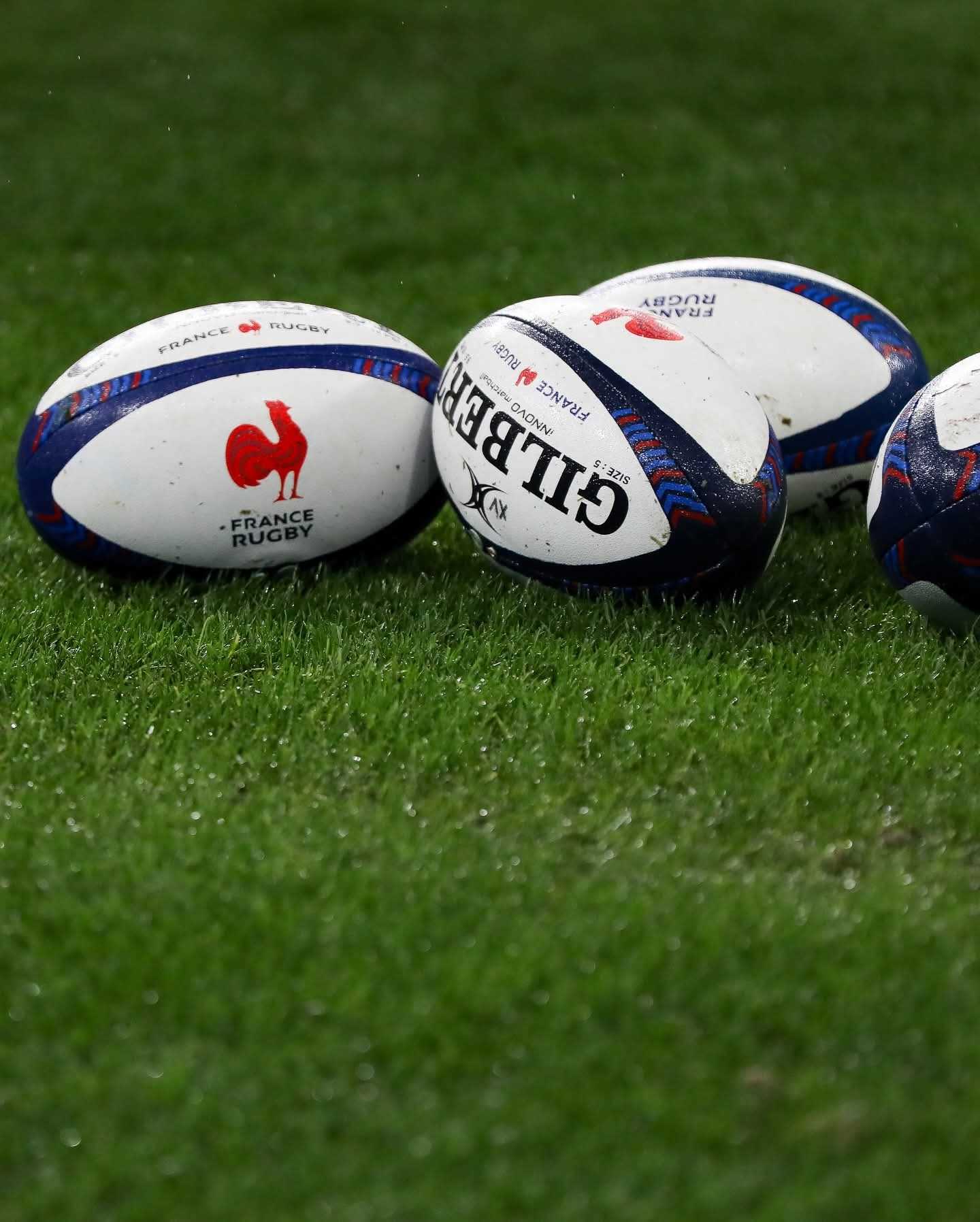


Leave Comments